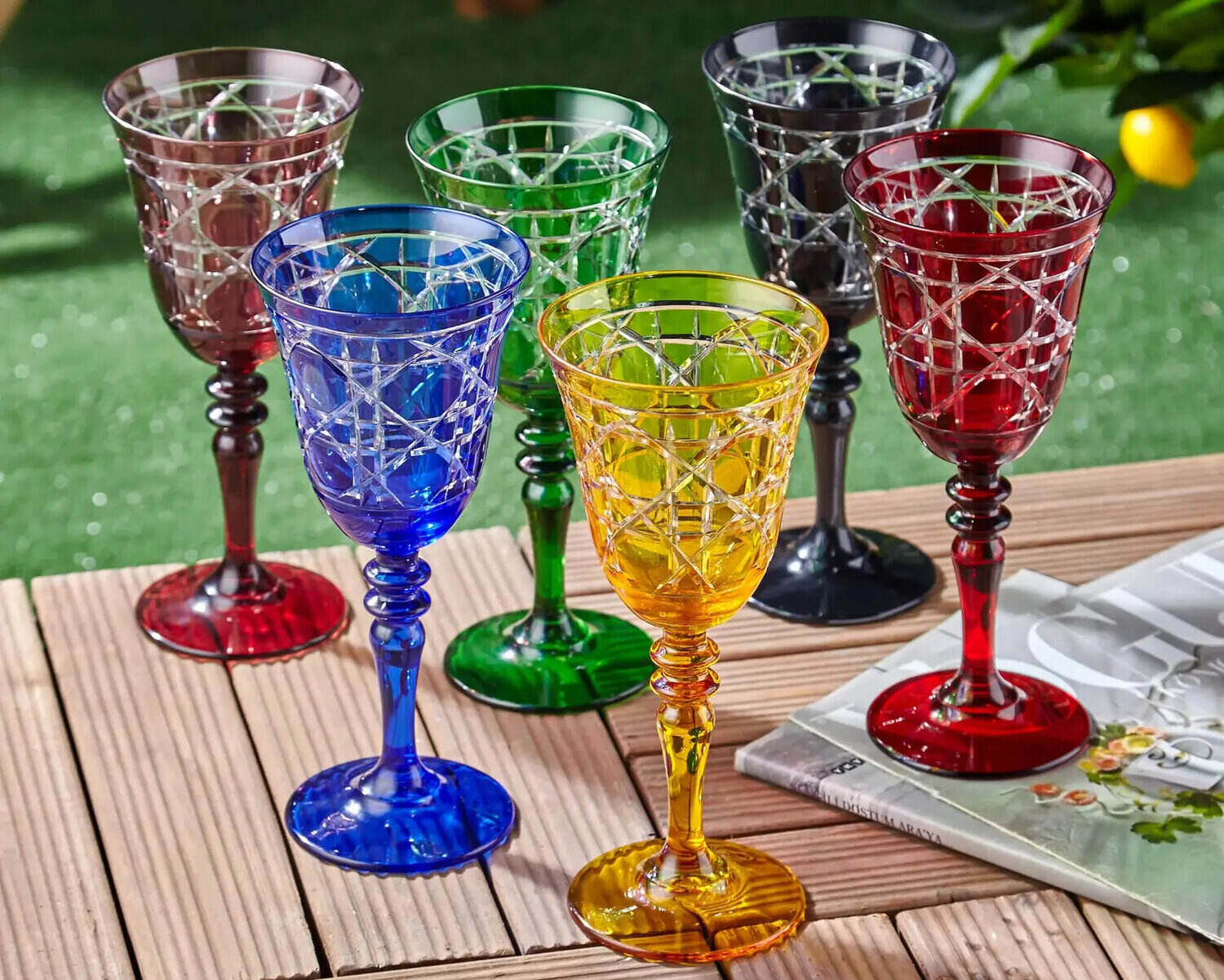

Articles
How To Store Crystal Glassware
Modified: May 6, 2024
Discover expert tips and tricks for storing your crystal glassware with our comprehensive articles. Safely preserve and protect your prized glassware collection.
(Many of the links in this article redirect to a specific reviewed product. Your purchase of these products through affiliate links helps to generate commission for Storables.com, at no extra cost. Learn more)
Introduction
Crystal glassware is often valued for its elegance and beauty. Whether it’s a set of sparkling wine glasses or antique crystal vases, proper storage is essential to preserve their quality and prolong their lifespan. Improperly stored glassware can easily get damaged or become dull and cloudy over time. In this article, we will explore the best practices for storing crystal glassware to keep it in pristine condition, ensuring its longevity and maintaining its shine.
When it comes to storing crystal glassware, there are several factors to consider, including the choice of storage space, cleaning and preparation of the glassware, wrapping and packaging methods, and special considerations for delicate stemware. By following these guidelines, you can ensure that your crystal glassware remains safe, secure, and ready for use whenever you need it.
Key Takeaways:
- Properly storing crystal glassware involves choosing the right storage space, cleaning and preparing the glassware, and utilizing appropriate wrapping and packaging methods to ensure its longevity and maintain its shine.
- Special considerations for delicate stemware, such as securing the stems and avoiding stacking, are essential for preserving the beauty and functionality of crystal glassware. Additionally, long-term storage requires a climate-controlled environment and regular maintenance to safeguard the glassware from damage.
Read more: What Is Crystal Glassware
Choosing the Right Storage Space
Before you begin storing your crystal glassware, it’s important to choose the right storage space. Ideally, the environment should be cool, dry, and free from extreme temperature fluctuations. Avoid areas that are exposed to direct sunlight, as prolonged sun exposure can cause the glassware to fade or become discolored.
If possible, allocate a dedicated storage area for your crystal glassware to minimize the risk of accidental damage. A cabinet with adjustable shelves can be a great option, as it allows you to organize and display your glassware while protecting it from dust and potential knocks. Make sure the cabinet is sturdy and secure, and consider installing padding or liners to cushion the glassware and prevent it from shifting or scratching.
If a dedicated cabinet is not available, you can also use a shelf or a hutch. However, ensure that the area is clean and free from any potential hazards that could damage the glassware. Avoid overcrowding the storage space, as this increases the risk of pieces accidentally knocking into each other or falling.
Additionally, consider the accessibility of the storage space. You want to have easy access to your glassware when you need it, so choose a location that is convenient for you. If you plan to use the glassware frequently, storing it in a kitchen cabinet or a bar cart may be a more practical choice.
Lastly, if you need to store your glassware for an extended period, such as during a move or home renovation, consider renting a climate-controlled storage unit. These units provide a controlled environment with precise temperature and humidity settings, ensuring that your glassware remains in optimal condition.
By selecting the right storage space, you can protect your crystal glassware from external factors that could potentially damage or degrade its quality. With a suitable environment in place, you can move on to the next step: cleaning and preparing your glassware for storage.
Cleaning and Preparing Glassware for Storage
Before storing your crystal glassware, it’s crucial to give it a thorough cleaning to remove any dirt, residue, or fingerprints. Proper cleaning not only ensures that the glassware remains in pristine condition during storage but also prevents the buildup of contaminants that could potentially damage the glass surface over time.
Start by rinsing your glassware with warm water to remove any loose debris. Avoid using hot water, as it can cause sudden temperature changes that may lead to the glassware cracking or shattering. Then, use a mild dish soap or a specialized glassware cleaner to gently wash the glassware. Be sure to scrub the inside and outside surfaces, as well as any intricate designs or patterns.
After cleaning, rinse the glassware thoroughly with clean water to remove any soap residue. Then, carefully dry each piece using a soft, lint-free cloth. Avoid using paper towels or abrasive materials, as they can scratch or dull the glass surface. Take extra care when drying delicate stemware, such as wine glasses, to prevent them from getting damaged or bent.
Once the glassware is clean and dry, inspect each piece for any chips, cracks, or imperfections. It’s essential to address any damage before storing the glassware, as it can worsen over time and potentially spread to other pieces. If you notice any damage, consider getting the glassware repaired or replaced to prevent further deterioration.
Before placing the glassware in storage, it’s recommended to add an additional layer of protection by wrapping each piece individually. This prevents the glassware from bumping into each other and reduces the risk of chips or breaks. There are various wrapping materials you can use, such as acid-free tissue paper, bubble wrap, or soft cotton cloths. Wrap each piece carefully, ensuring that no areas are left exposed.
By following these cleaning and preparation steps, you can ensure that your crystal glassware is in optimal condition before it goes into storage. The next section will cover the various wrapping and packaging methods to further protect your glassware during storage.
Wrapping and Packaging Glassware
Properly wrapping and packaging your crystal glassware is essential to prevent damage and ensure its safety during storage. Depending on your preferences and the available resources, there are several methods you can use to protect your glassware.
One popular option is to use acid-free tissue paper or soft cotton cloths for wrapping individual pieces. Start by placing a sheet of tissue paper or cloth on a flat surface and gently wrap the glassware, ensuring that all sides and edges are covered. Secure the wrapping with tape or tie it with a soft ribbon to keep it in place. This method provides a cushioning layer that protects the glassware from scratches and impacts.
If you prefer a more secure option, consider using bubble wrap. Wrap each piece of glassware with a layer of bubble wrap, ensuring that the bubbles face inward for maximum protection. Secure the ends with tape to keep the wrap in place. Bubble wrap provides excellent shock absorption and protection against impact, making it a reliable choice for long-term storage or when transporting your glassware.
In addition to wrapping individual pieces, you may also consider using dividers or separators to keep the glassware in place and prevent them from shifting or knocking into each other. You can use cardboard dividers or specially designed storage containers with compartments for each glassware piece. These dividers provide an added layer of protection and organization, making it easier to locate and access specific items when needed.
When it comes to packaging the wrapped glassware, it’s important to choose sturdy and appropriately sized boxes or containers. Avoid over-packing the boxes, as it can increase the risk of items being damaged during handling or transport. Fill any empty spaces with packing materials, such as packing peanuts or crumpled paper, to prevent the glassware from shifting. Make sure to label the boxes as “fragile” and indicate the contents to ensure careful handling.
For stemware, such as wine glasses or champagne flutes, it’s crucial to pay special attention to their delicate shape. Consider using stemware storage boxes, which are specifically designed to securely hold and support the stemware. These boxes usually have individual compartments and foam inserts that provide excellent protection against breakage and damage.
By wrapping and packaging your glassware properly, you can minimize the risk of damage and ensure that your crystal glassware remains in pristine condition throughout the storage period. The next sections will explore different storage options, whether on shelves or in boxes, to further safeguard your glassware.
Storing Glassware on Shelves or Cabinets
Storing your crystal glassware on shelves or in cabinets is a popular and convenient option, as it allows for easy access and display while keeping the glassware protected from dust and potential damage. Here are some tips to ensure proper storage on shelves or in cabinets:
1. Position the glassware vertically: When placing the glassware on shelves or inside cabinets, it’s best to store them vertically. This helps to distribute the weight evenly and reduces the risk of pieces leaning against each other and potentially breaking. Make sure to leave enough space between each glass to prevent accidental collisions.
2. Utilize padding or liners: To provide extra protection, consider adding padding or liners to the shelves or cabinets. This can be done using felt liners, non-slip shelf liners, or even soft washcloths. The padding creates a cushioned surface that helps to prevent the glassware from shifting and minimizes the risk of scratches or breaks.
3. Arrange by shape and size: Organize your glassware by shape and size to ensure a neat and organized display. Group similar pieces together, such as wine glasses or tumblers, and arrange them based on size from tallest to shortest. This not only makes it easier to find specific items but also helps to distribute the weight evenly and maintain stability on the shelves or within the cabinet.
4. Avoid overcrowding: It’s important not to overcrowd the shelves or cabinets. Leave enough space between each piece to allow for easy retrieval and to prevent accidental knocks or damage. Overcrowding can also increase the risk of pieces tipping over or falling when trying to remove or rearrange them.
5. Keep away from high traffic areas: When selecting the location for your glassware storage, choose an area that is away from high traffic areas or items with the potential to hit or bump into the glassware. Avoid storing glassware near doors, walkways, or areas where children or pets may accidentally knock into them.
6. Regularly clean and dust: Dust can accumulate on glassware, especially if it is displayed openly on shelves or in cabinets. Regularly clean and dust the glassware to maintain its shine and clarity. Use a soft microfiber cloth or a feather duster to gently remove any dust or debris. Avoid using harsh cleaning chemicals that could potentially damage the glassware.
By following these guidelines for storing glassware on shelves or in cabinets, you can create a visually appealing display while ensuring the safety and longevity of your crystal glassware. However, if you prefer to store your glassware in boxes or containers, the next section will provide helpful insights for that storage method.
Store crystal glassware in a clean, dry place away from direct sunlight to prevent discoloration and damage. Use soft, non-abrasive padding or cloth to separate and protect each piece. Avoid stacking glasses to prevent chipping.
Read more: How To Clean Crystal Glassware
Storing Glassware in Boxes or Containers
Storing your crystal glassware in boxes or containers provides an extra layer of protection, especially if you need to transport or store the glassware for an extended period. Here are some tips for storing glassware in boxes or containers:
1. Choose sturdy and appropriately sized boxes: Use sturdy moving boxes or containers specifically designed for glassware storage. Opt for boxes made of durable corrugated cardboard that can withstand stacking and provide sufficient protection. Ensure that the boxes are properly sized to accommodate your glassware without excessive packing or overcrowding.
2. Add padding and cushioning: Before placing the glassware in the boxes or containers, add a layer of padding at the bottom. You can use crumpled paper, packing peanuts, or bubble wrap to create a cushioned surface. This extra padding helps absorb shocks and minimize the risk of breakage.
3. Wrap each piece individually: Individually wrap each piece of glassware, as mentioned in the previous section, to provide extra protection. Use acid-free tissue paper, soft cotton cloths, or bubble wrap to wrap each piece carefully. Make sure that the glassware is securely wrapped to prevent rubbing or knocking against other items during storage.
4. Pack strategically: Pack the wrapped glassware tightly and securely in the boxes or containers. To prevent shifting and movement, fill any gaps with additional padding materials, such as packing peanuts or crumpled paper. You want to ensure that the glassware remains stable and stationary during transport or storage.
5. Label and mark the boxes: Clearly label each box as “fragile” and indicate the contents of the box. This ensures that anyone handling the boxes knows to exercise caution. You may also want to mark which side is up to avoid accidentally placing the boxes in a position that could result in glassware damage.
6. Store in a cool and dry location: Find a cool and dry location to store the boxes or containers. Avoid areas prone to extreme temperatures or high humidity, as these can potentially damage the glassware. A climate-controlled storage area is the ideal choice for long-term storage, as it maintains a consistent environment suitable for delicate glassware.
7. Avoid stacking too many boxes: While it may be tempting to stack boxes to save space, be cautious not to stack too many on top of each other. Excessive weight and pressure from stacked boxes can increase the risk of damage to the glassware at the base. If you need to stack, make sure to place lighter boxes on top of the heavier ones.
By following these guidelines, you can safely store your crystal glassware in boxes or containers, providing optimal protection during transportation or long-term storage. However, if you have delicate stemware, there are additional considerations to keep in mind, which will be covered in the next section.
Special Considerations for Stemware
Stemware, such as wine glasses, champagne flutes, and goblets, requires special attention and care due to their delicate design and long stems. Here are some considerations to keep in mind when storing stemware:
1. Secure the stems: When wrapping and packaging stemware, carefully support the stems to prevent bending or breakage. Use tissue paper or bubble wrap to cushion and protect the stems. If using dividers or compartments in boxes or containers, make sure they are tall enough to accommodate the stem length and provide stability.
2. Avoid stacking stemware: To prevent damage, it’s best to avoid stacking stemware on top of one another. Stacking can increase the risk of stems getting bent or glasses accidentally tipping over. If space is limited and stacking is necessary, consider using specialized stemware storage boxes with individual compartments or racks that securely hold each glass.
3. Store upright or upside down: When storing stemware, you have the option to store the glasses upright or upside down. Storing upside down can help keep the inside of the glass clean and free from dust accumulation. However, ensure that the storage space is secure and that the stems are protected to avoid any potential damage when inserting or removing the stemware from the storage area.
4. Avoid placing pressure on stems: It’s essential to avoid placing any pressure or weight on the stems of your stemware. Pressure can cause the stems to bend or snap, compromising the integrity of the glassware. When placing the stemware in boxes or storing on shelves, make sure the stems are adequately supported, and there is no risk of them being crushed or bent.
5. Consider specialized stemware storage solutions: If you frequently use and store stemware, investing in specialized stemware storage solutions can be beneficial. These products are designed with secure dividers and cushioned inserts to protect the delicate stems and glasses. Stemware storage boxes or racks are available in various sizes and configurations to accommodate different types of stemware.
By following these special considerations for stemware, you can ensure the safety and longevity of your delicate glassware. Whether storing upright or upside down, taking the time to properly handle and store stemware will help preserve its beauty and functionality for years to come.
Tips for Long-Term Storage
If you’re planning to store your crystal glassware for a prolonged period, such as during a move or extended absence, there are a few extra precautions you can take to ensure its well-being. Here are some tips for long-term storage:
1. Choose a climate-controlled environment: Extreme temperature fluctuations and high humidity levels can be detrimental to crystal glassware. To preserve its quality, consider storing the glassware in a climate-controlled environment, such as a temperature- and humidity-regulated storage unit. This helps to maintain a stable and optimal environment for the glassware, protecting it from damage caused by varying conditions.
2. Keep away from light exposure: Prolonged exposure to sunlight or artificial light sources can cause crystal glassware to fade or become discolored over time. When storing, choose a location that is away from direct light sources. If using clear storage containers or boxes, consider covering them with light-blocking materials or placing them in a dimly lit area to minimize light exposure.
3. Avoid storing near potential hazards: Be mindful of the surroundings and avoid storing your glassware near potential hazards. Keep them away from areas that are prone to high traffic, where they could be accidentally bumped or knocked over. Additionally, avoid storing near items that may emit strong odors or chemicals, as these can potentially affect the glassware’s quality.
4. Check periodically: Even in long-term storage, it’s important to periodically check on your glassware. This allows you to ensure that there are no signs of damage, such as cracks, chips, or discoloration, and address any issues promptly. Regular inspections also give you the opportunity to rewrap or rearrange the glassware to prevent any potential shifts or damage that may occur over time.
5. Maintain a clean storage environment: Dust and debris can accumulate on glassware over time, even in storage. To keep your glassware in pristine condition, periodically clean the storage area to remove any dust or dirt that might have settled. Use a soft cloth or duster to gently wipe down the shelves, boxes, or containers where the glassware is stored.
6. Store glassware upright: When storing glassware for an extended period, it’s best to store it upright to minimize the risk of breakage or damage. Vertical storage helps to distribute the weight evenly and reduces the chance of pieces rubbing against each other. Use proper dividers or inserts to keep the glassware separated and secured.
7. Avoid storing near heavy items: To prevent accidental damage, avoid storing your glassware near heavy items or objects that could potentially fall or put excessive pressure on the glassware. Be cautious when stacking or placing other items in the vicinity of the glassware to prevent any accidents that could result in breakage or damage.
By following these tips, you can ensure that your crystal glassware remains in excellent condition during long-term storage. Taking proper precautions and periodically checking on the glassware will provide you with peace of mind, knowing that your valued possessions are well-protected and ready for use whenever you need them.
Conclusion
Storing crystal glassware requires careful consideration and attention to detail in order to preserve its beauty and longevity. Whether you’re storing your glassware for a short period or long-term, following the right techniques and precautions ensures that your glassware remains in pristine condition.
By selecting the right storage space, such as a cool and dry area away from direct sunlight, you can maintain the quality of the glassware and prevent any discoloration or fading. Cleaning the glassware thoroughly and wrapping each piece individually with appropriate materials provides an extra layer of protection against scratches and breakage.
Deciding to store your glassware on shelves or in cabinets allows for easy access and a visually pleasing display. Consider organizing the glassware by size and shape while leaving ample space between each piece. Adding padding and liners to the storage area helps safeguard the glassware from potential damage and shifting during storage.
If you prefer to store your glassware in boxes or containers, be sure to choose sturdy and properly sized options. Wrapping each piece individually and providing appropriate padding helps protect the glassware during transportation or long-term storage. Labeling the boxes as “fragile” and indicating the contents ensures cautious handling.
Stemware requires special attention due to its delicate design, long stems, and vulnerability to breakage. Securing and supporting the stems, avoiding stacking, and choosing specialized stemware storage solutions help prevent damage and maintain the integrity of the glassware.
For long-term storage, consider a climate-controlled environment to safeguard the glassware from extreme temperature fluctuations and high humidity levels. Regularly check on the glassware, maintain a clean storage area, and store it upright to minimize the risk of damage.
Properly storing crystal glassware ensures that it remains in excellent condition, allowing you to enjoy its beauty and elegance for years to come. Whether it’s a cherished heirloom or a treasured set of wine glasses, these storage practices will help protect your glassware and maintain its value. So, take the time to prepare and store your crystal glassware properly, and you will be rewarded with a collection that continues to dazzle and delight.
Now that you've got the scoop on storing crystal glassware safely, why not look into upgrading your storage solutions? Our guide on the finest glassware storage options offers smart, stylish ways to keep your items secure and showcase-ready. And if kitchen space is tight, we've got you covered too. Discover practical methods for kitchen organization that'll transform even the smallest spaces into models of efficiency. Each tip helps make every inch count, ensuring your cooking area is both functional and inviting.
Frequently Asked Questions about How To Store Crystal Glassware
Was this page helpful?
At Storables.com, we guarantee accurate and reliable information. Our content, validated by Expert Board Contributors, is crafted following stringent Editorial Policies. We're committed to providing you with well-researched, expert-backed insights for all your informational needs.
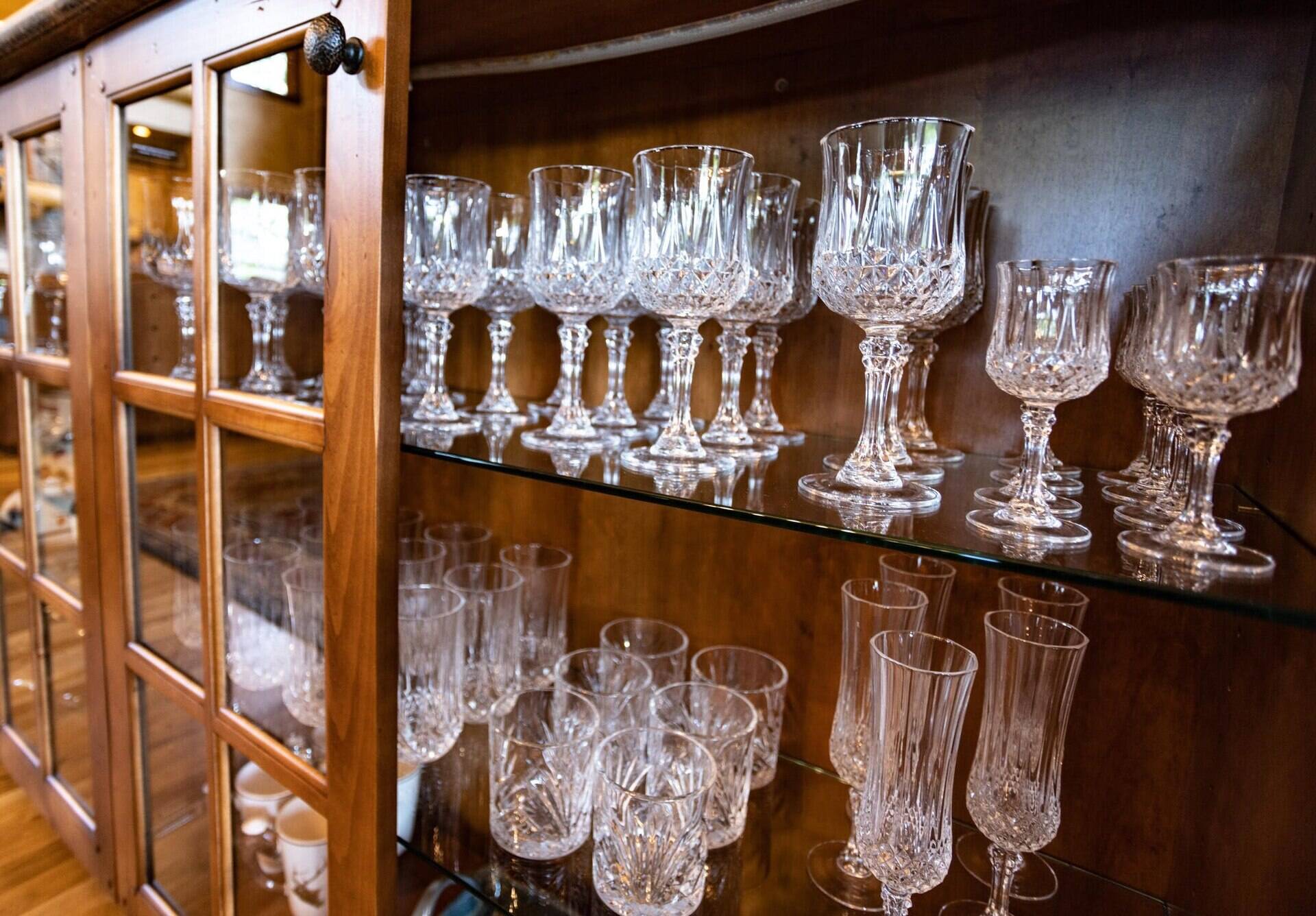
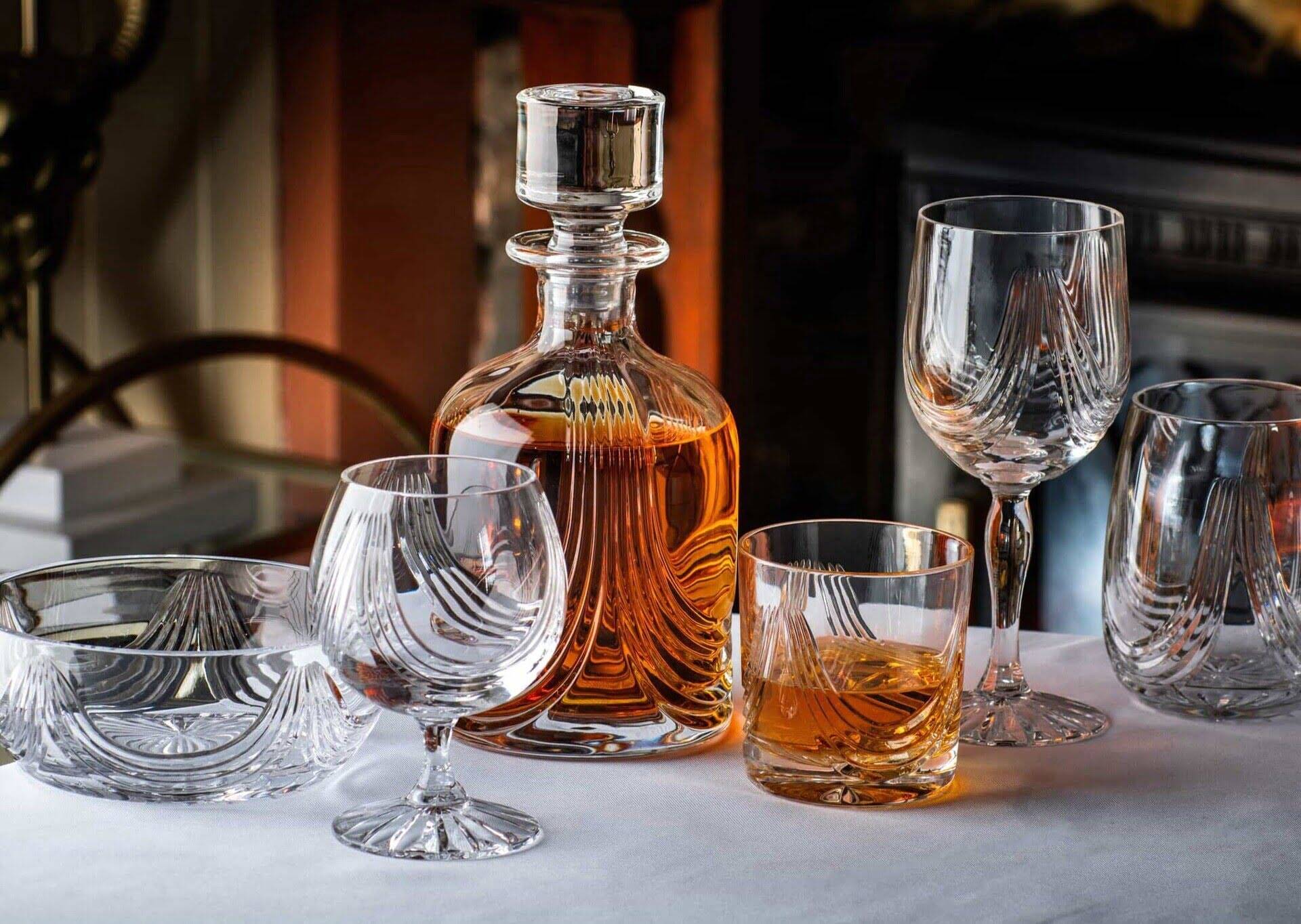
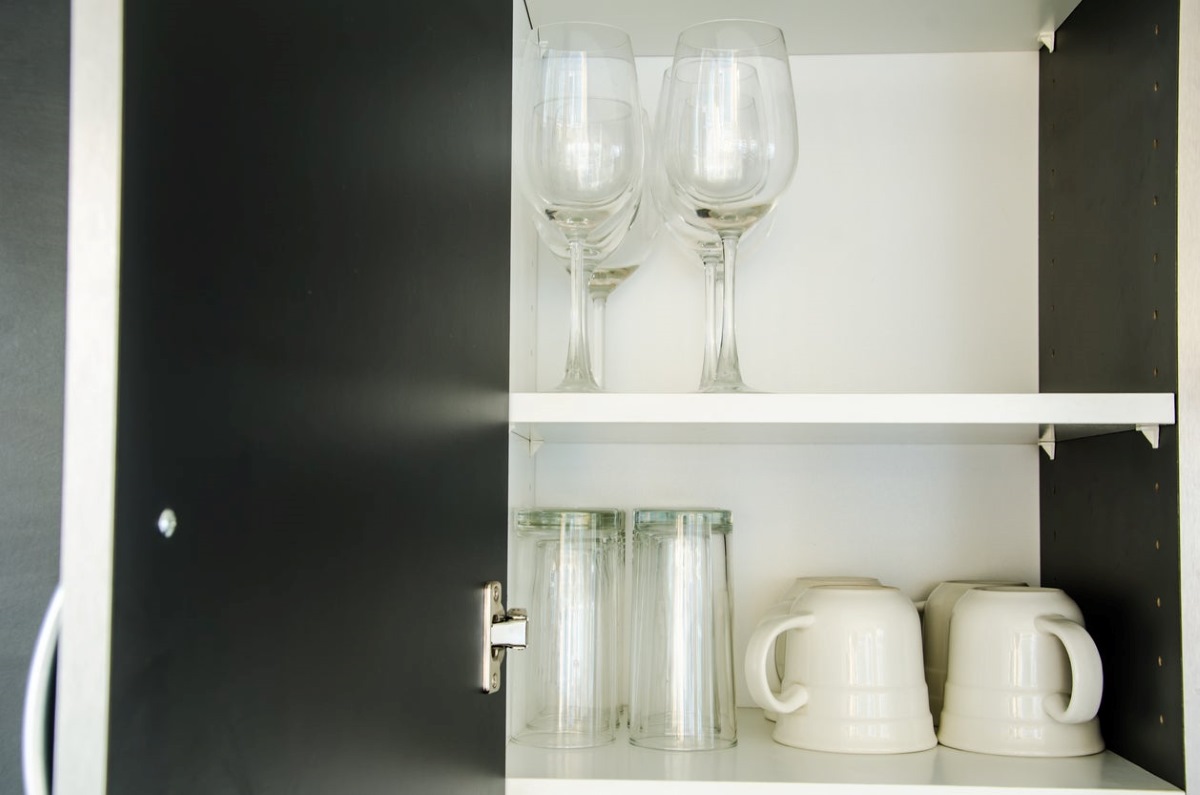
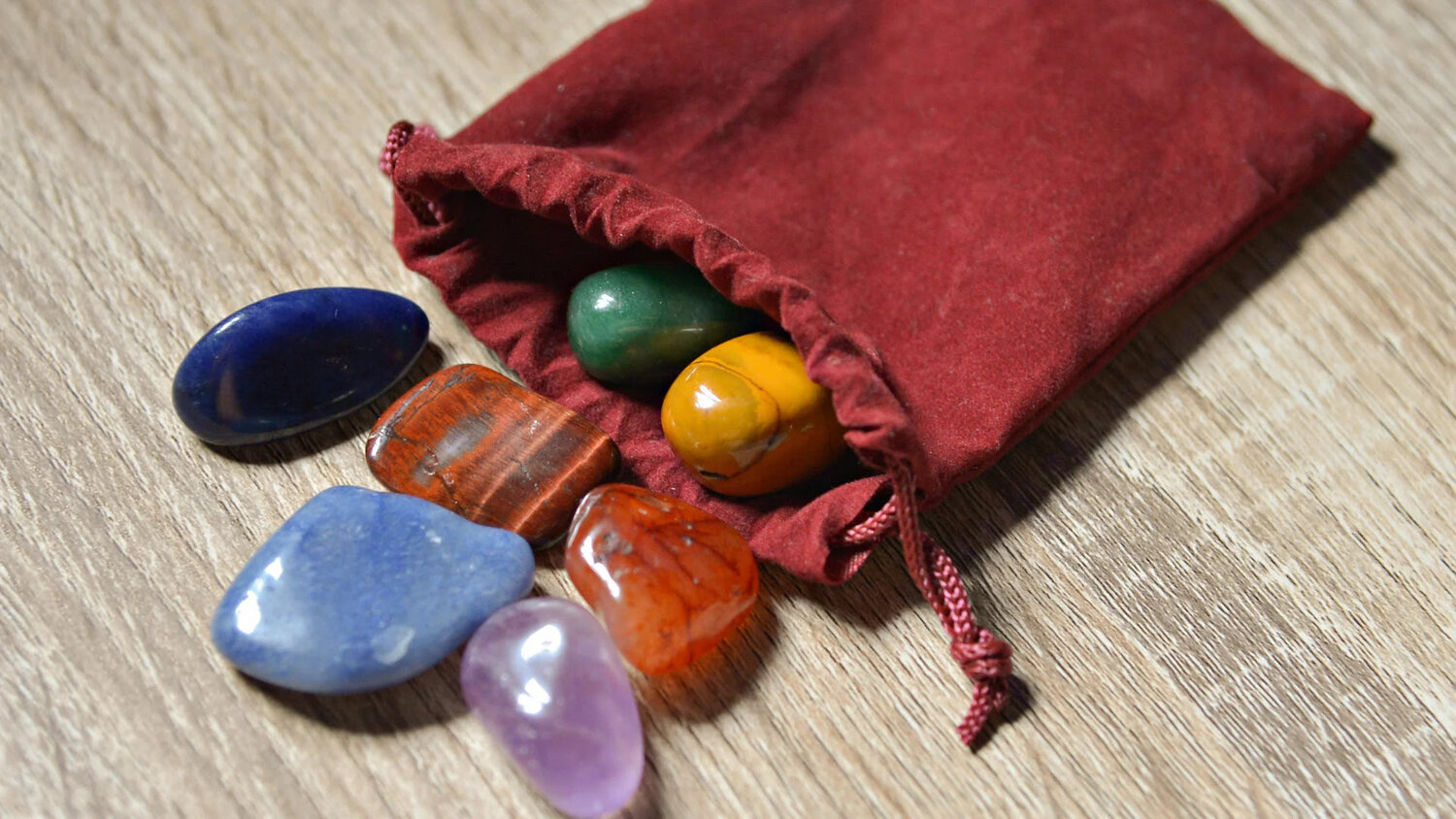
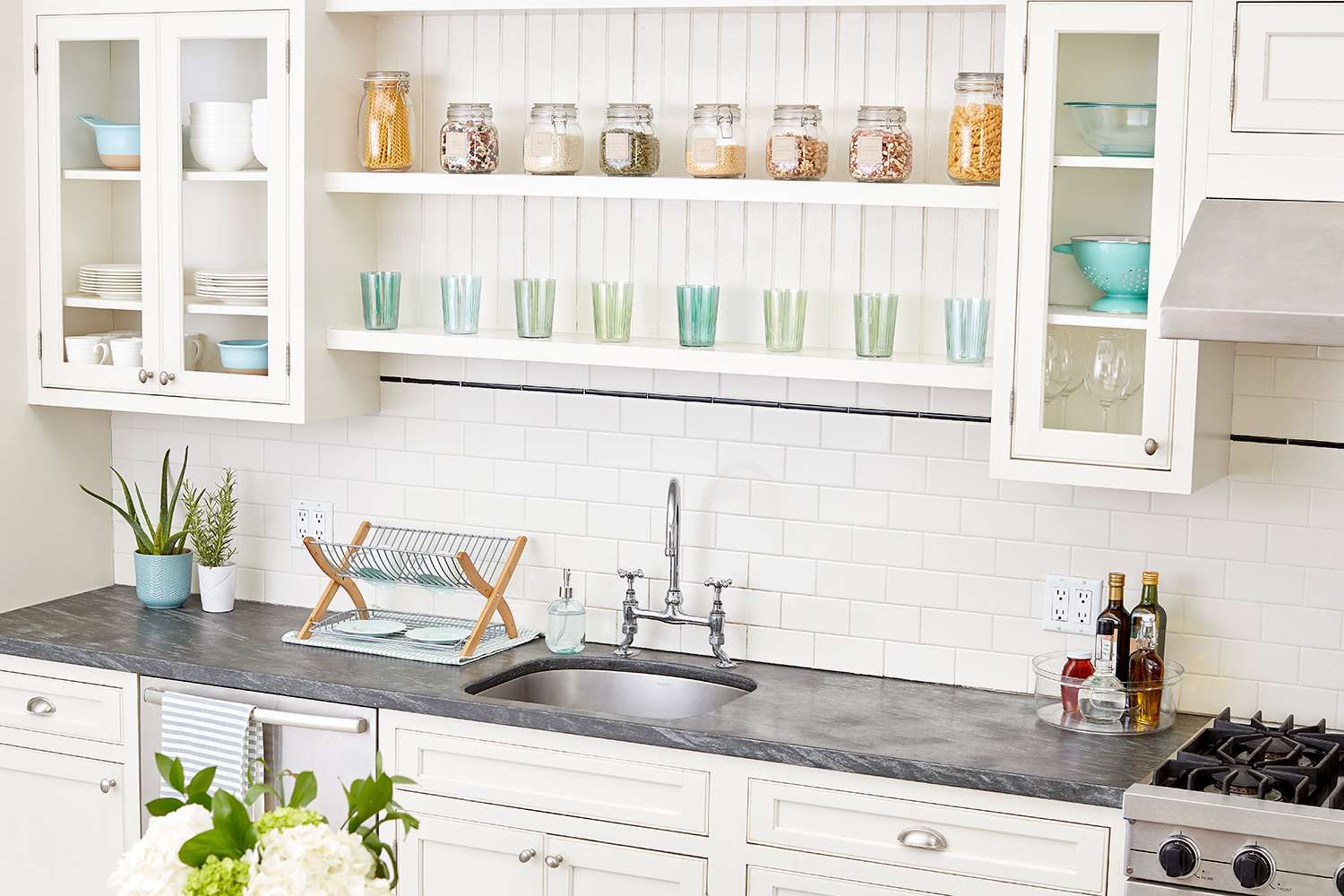
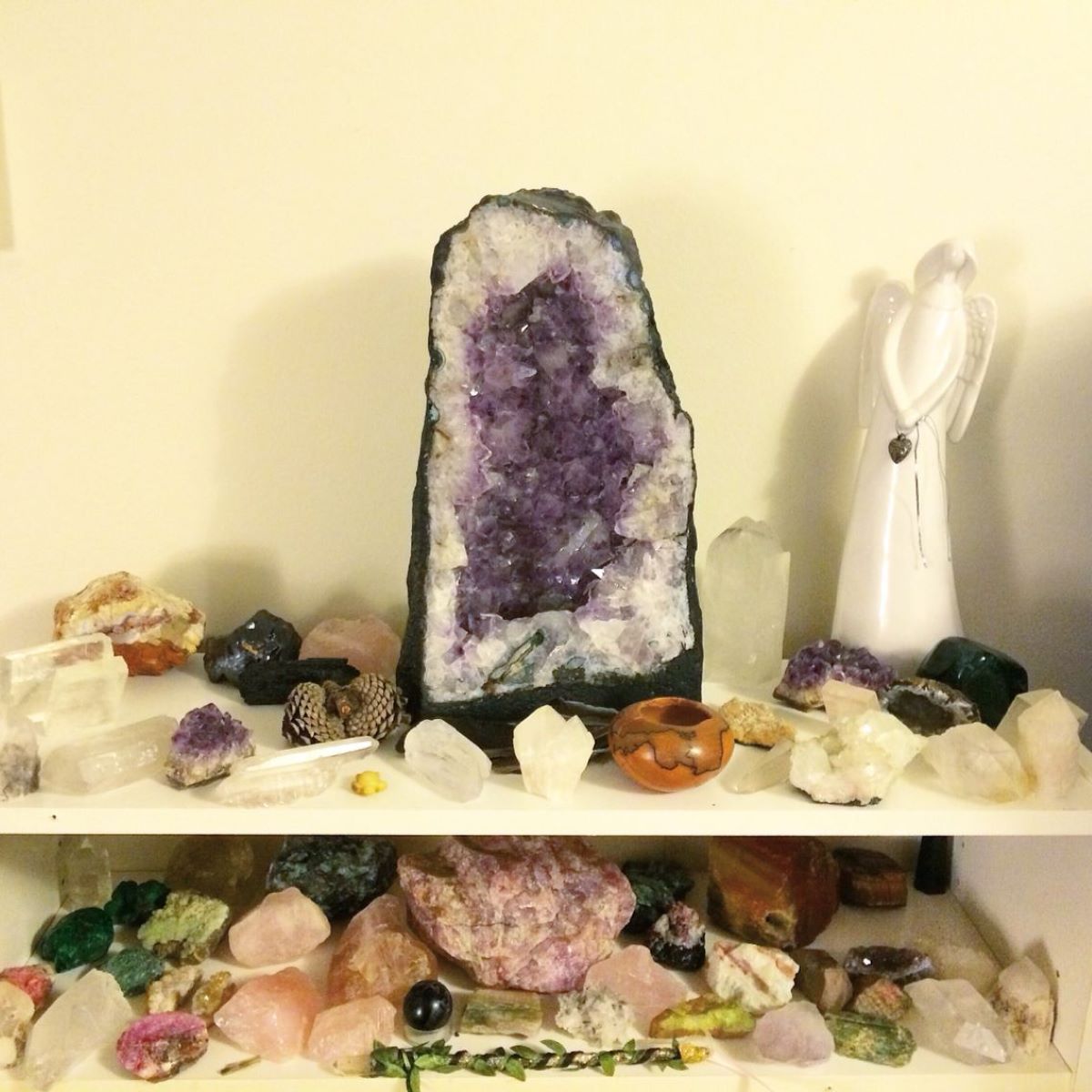
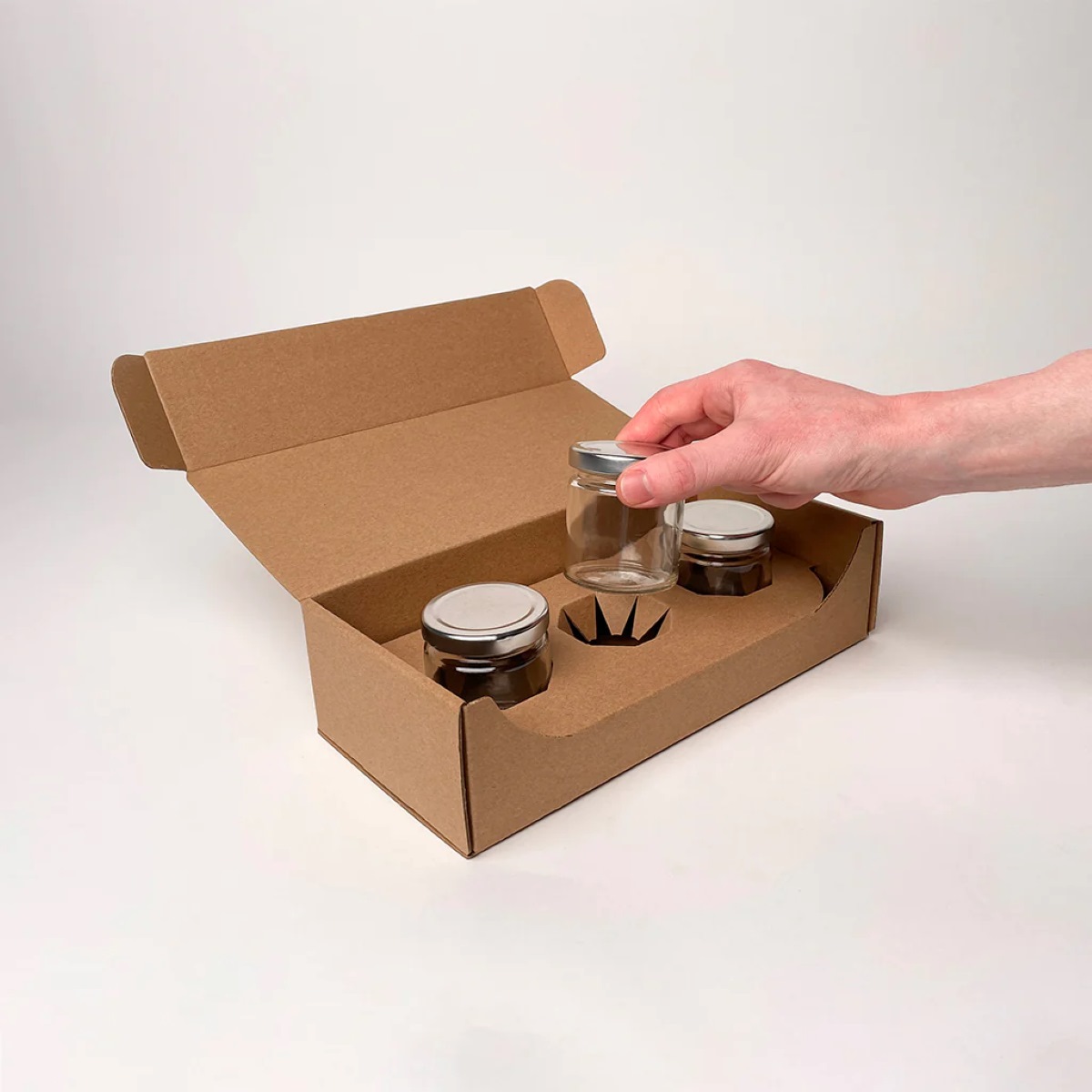
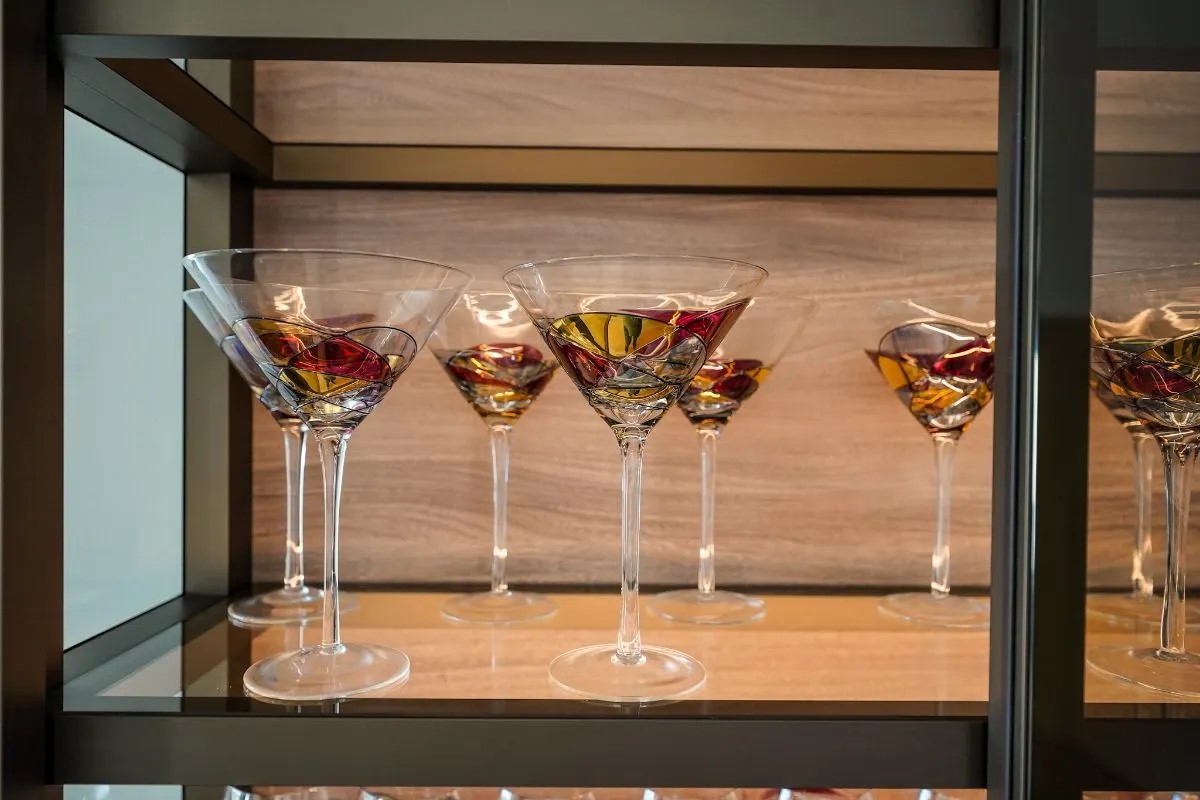
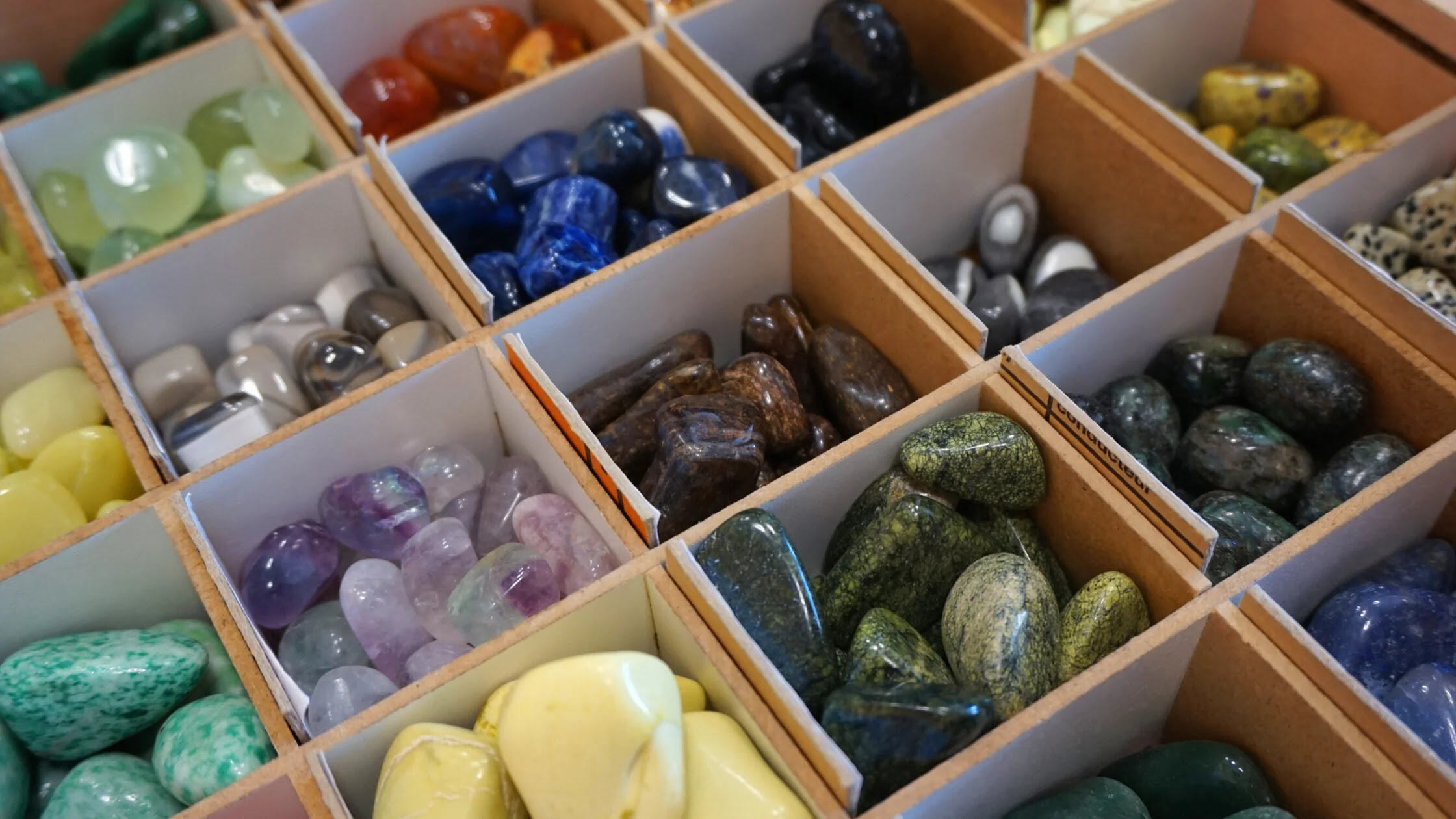
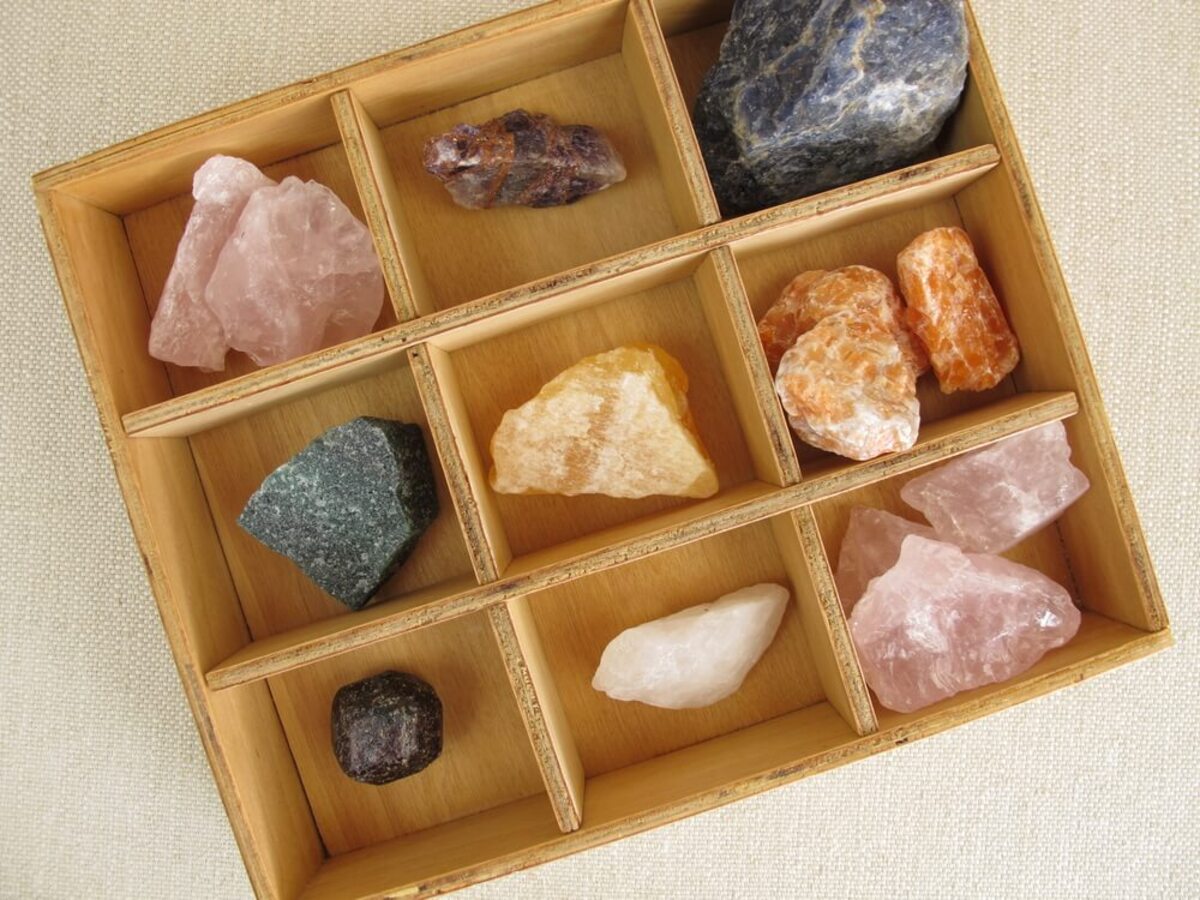
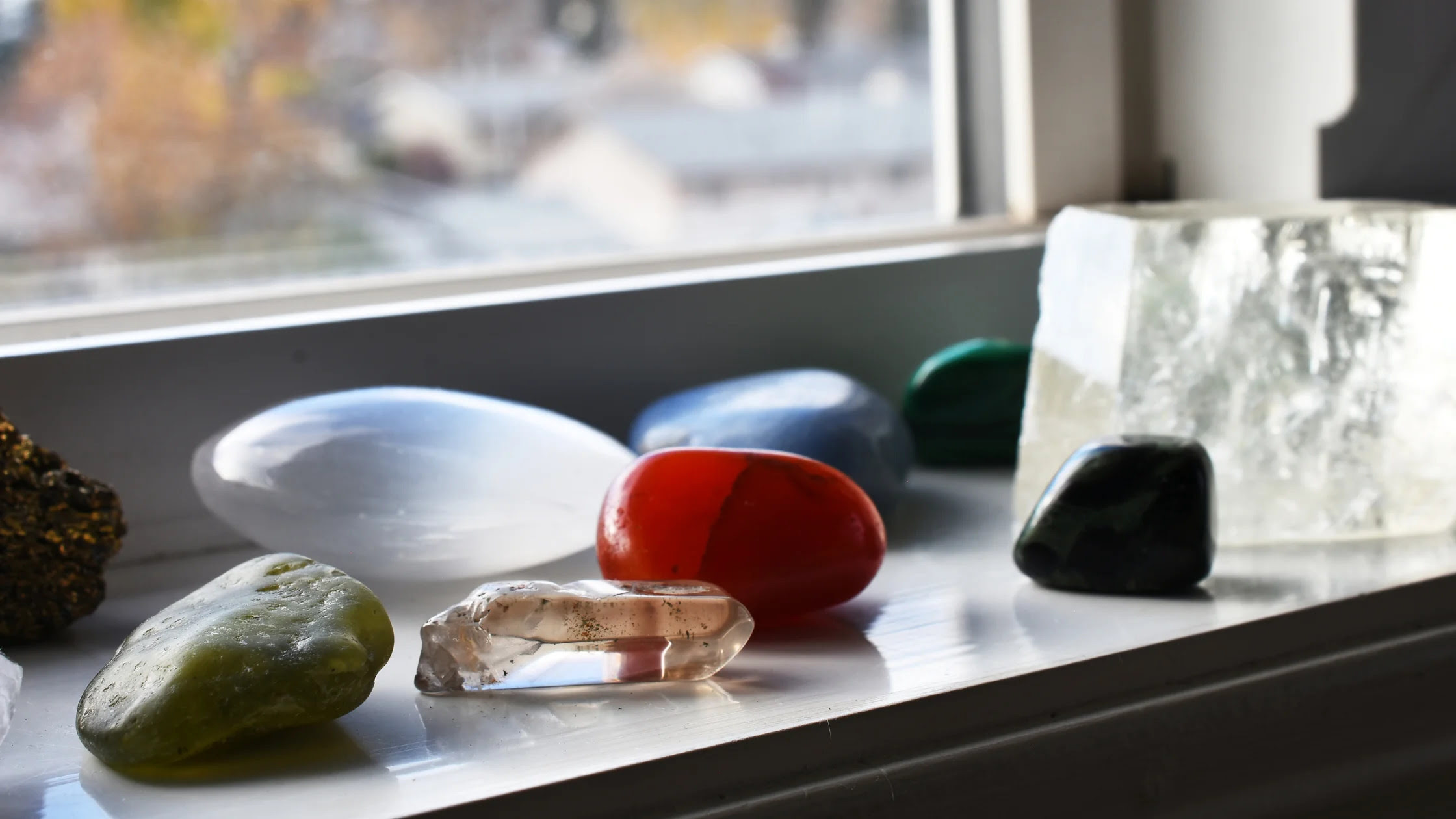
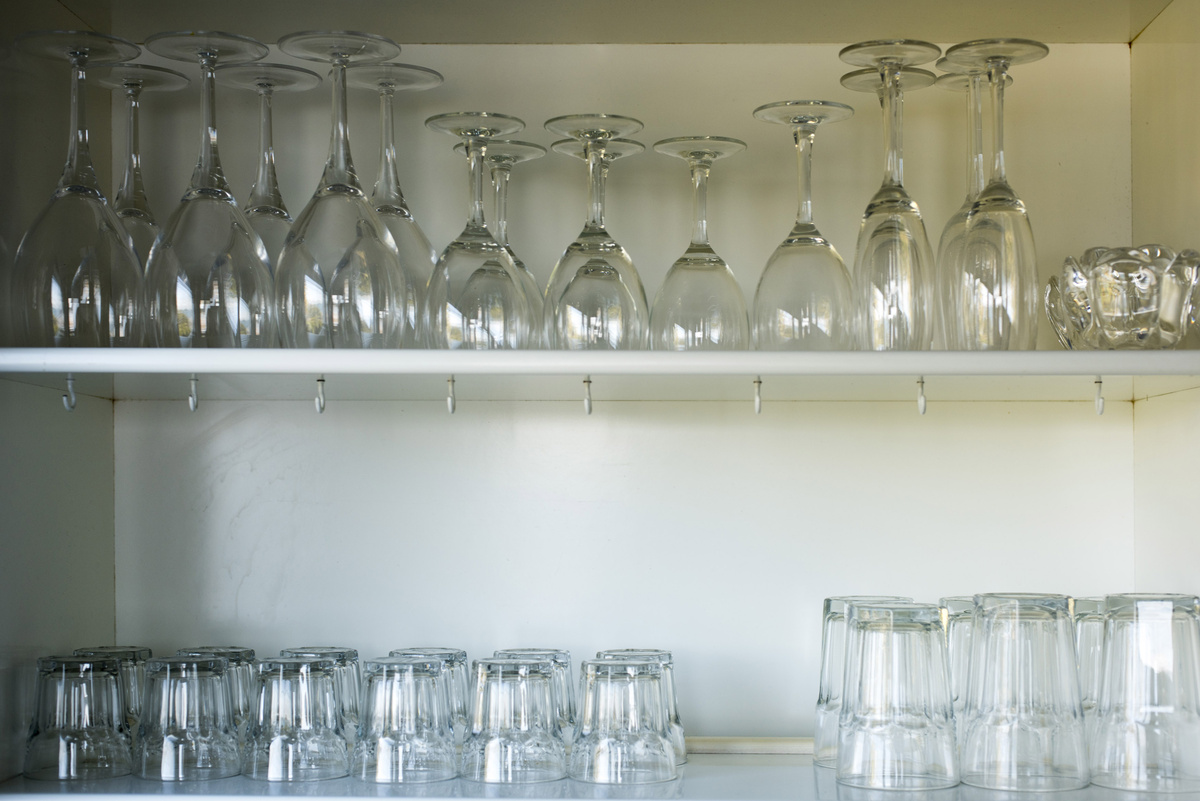
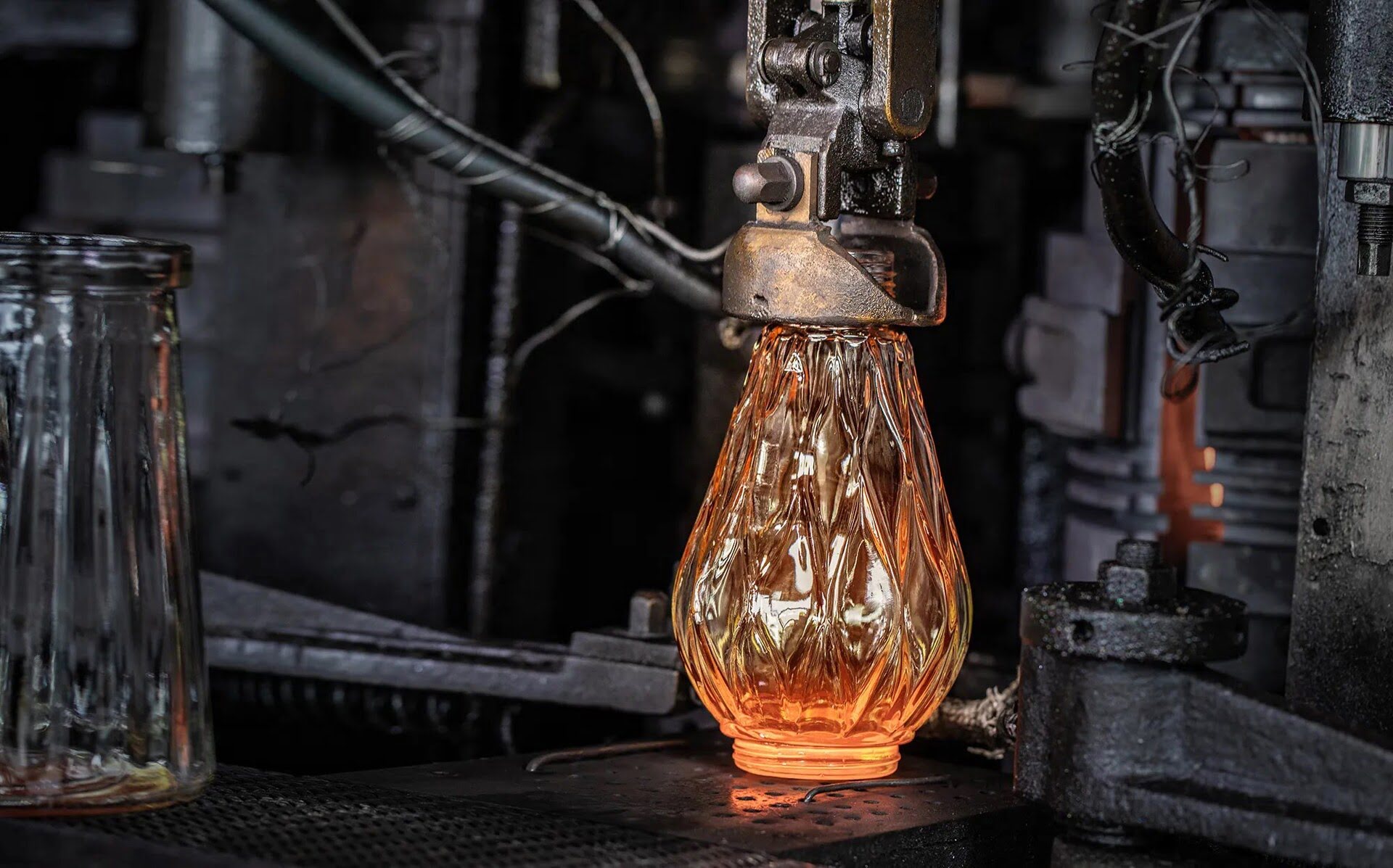
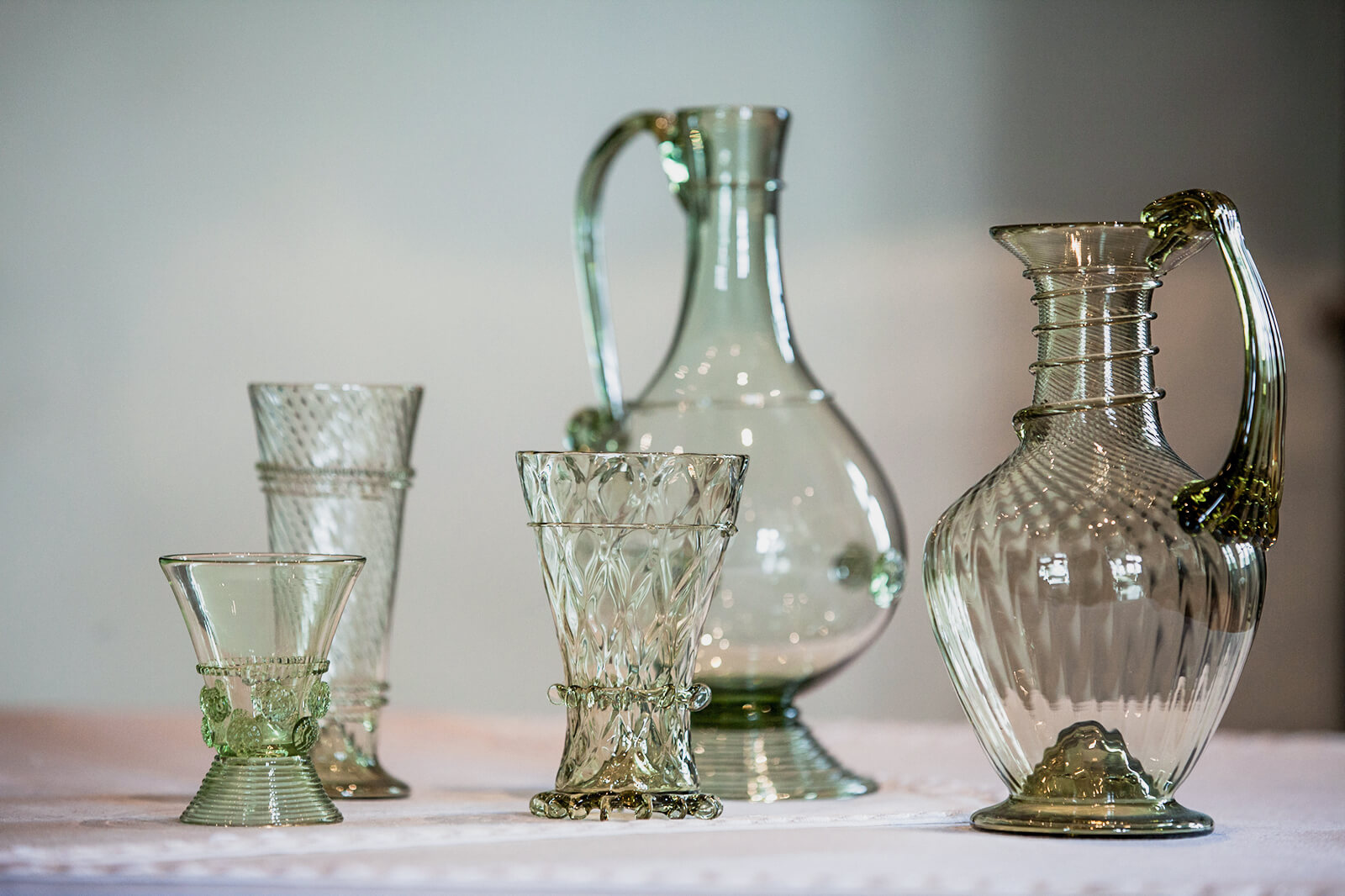

0 thoughts on “How To Store Crystal Glassware”